RIBBON
SHOP
The Ribbon Checkup Health Kit offers a convenient and comprehensive way to monitor your health with a urine test strip and a free scanning app. This kit checks for key indicators like glucose and ketones to help detect and manage diabetes, as well as other parameters to monitor kidney function, hydration, liver health, and infections.*

Leukocytes

Nitrites

Blood
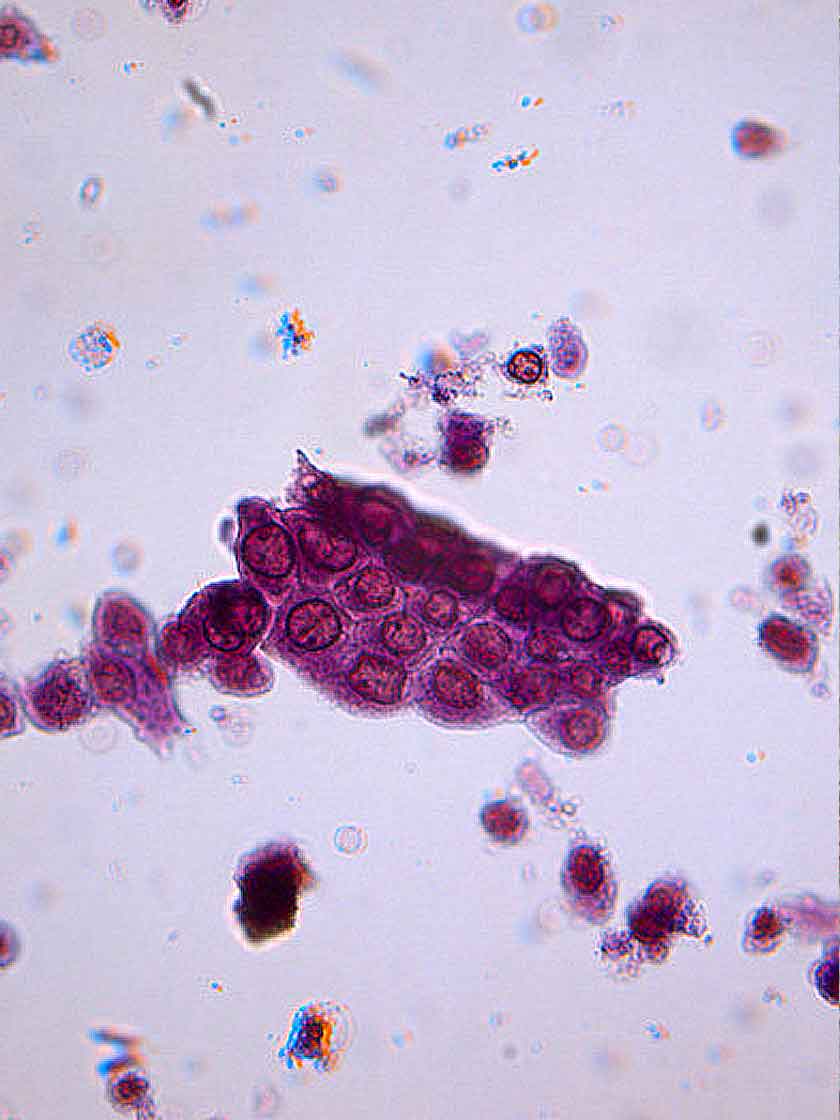
Protein
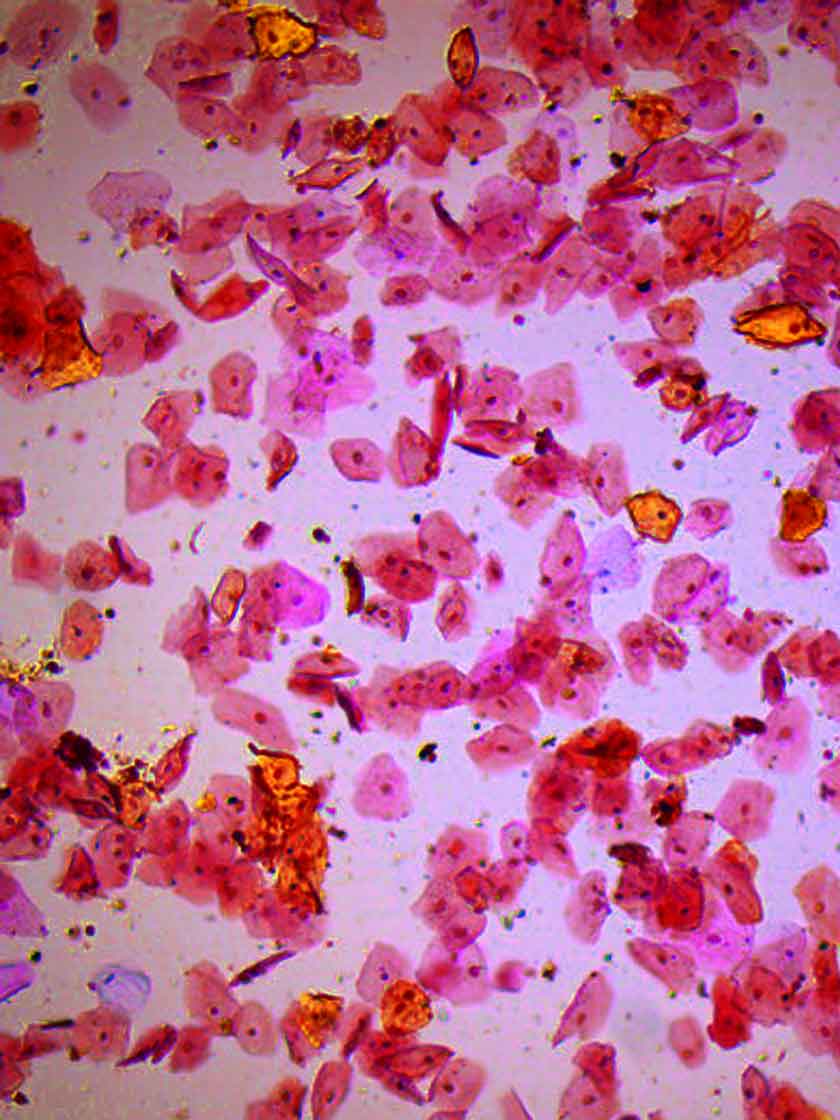
Urobilinogen
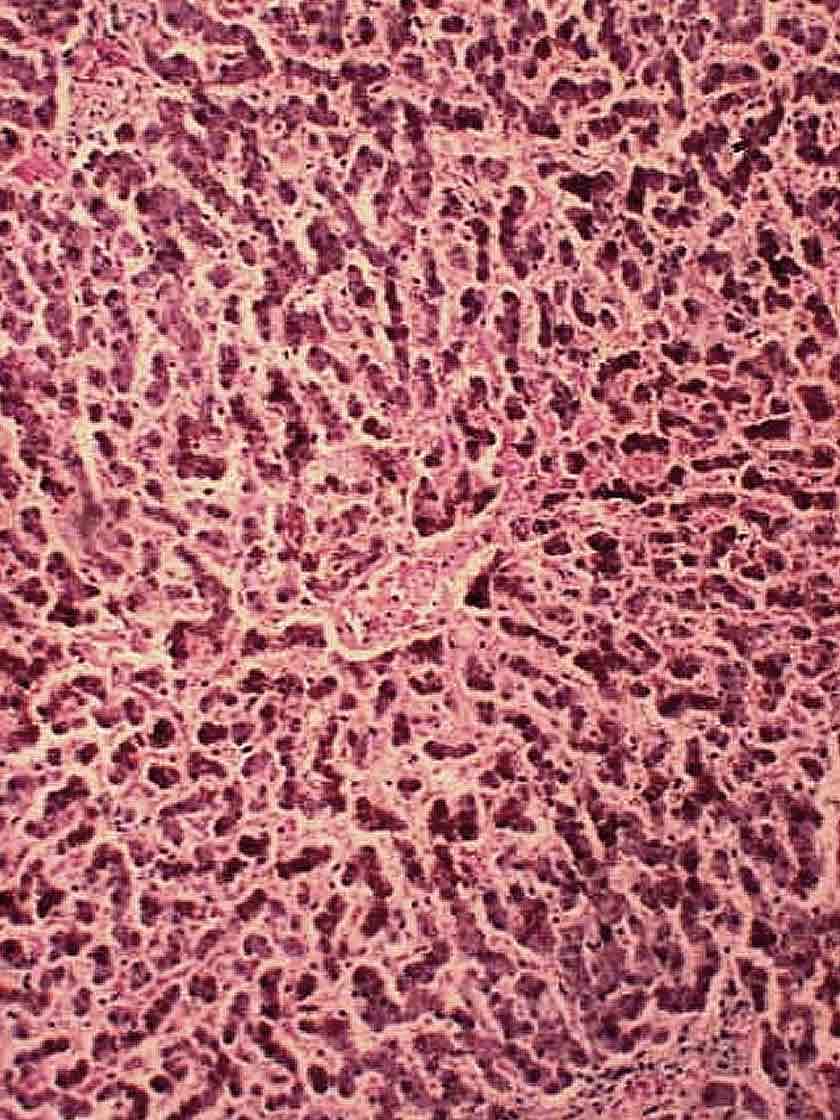
Bilirubin

Specific Gravity
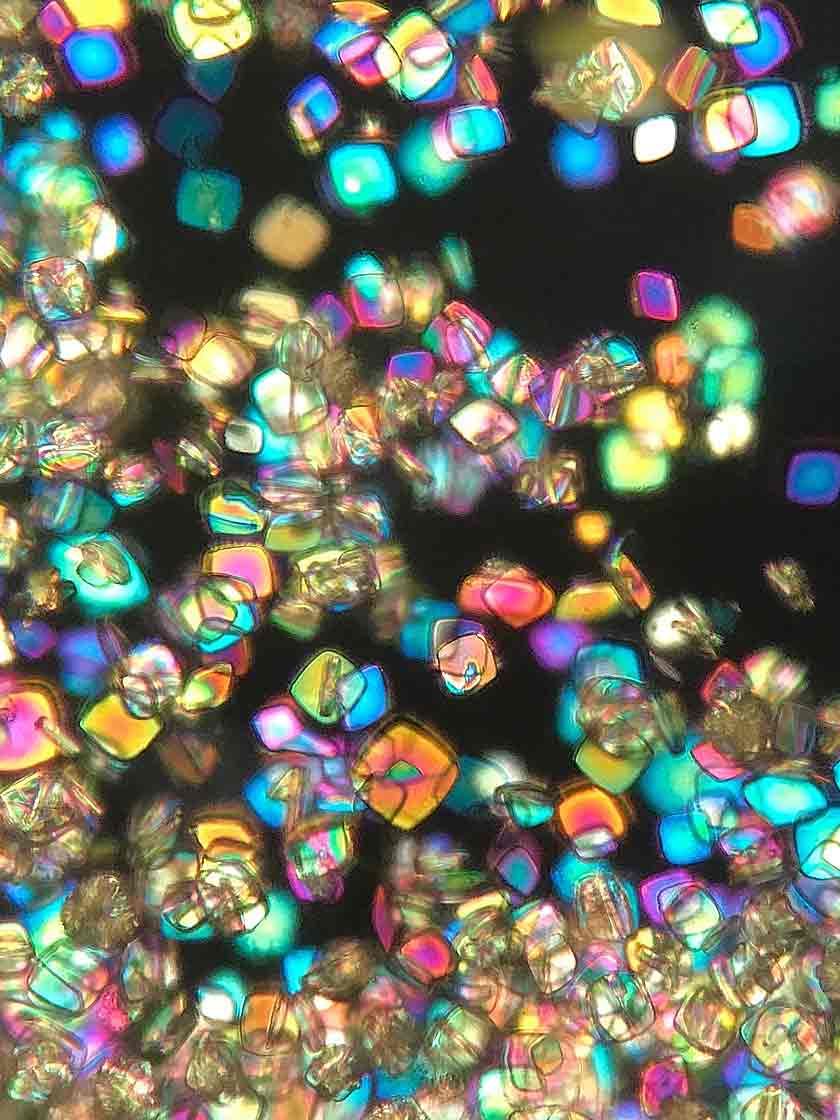
pH
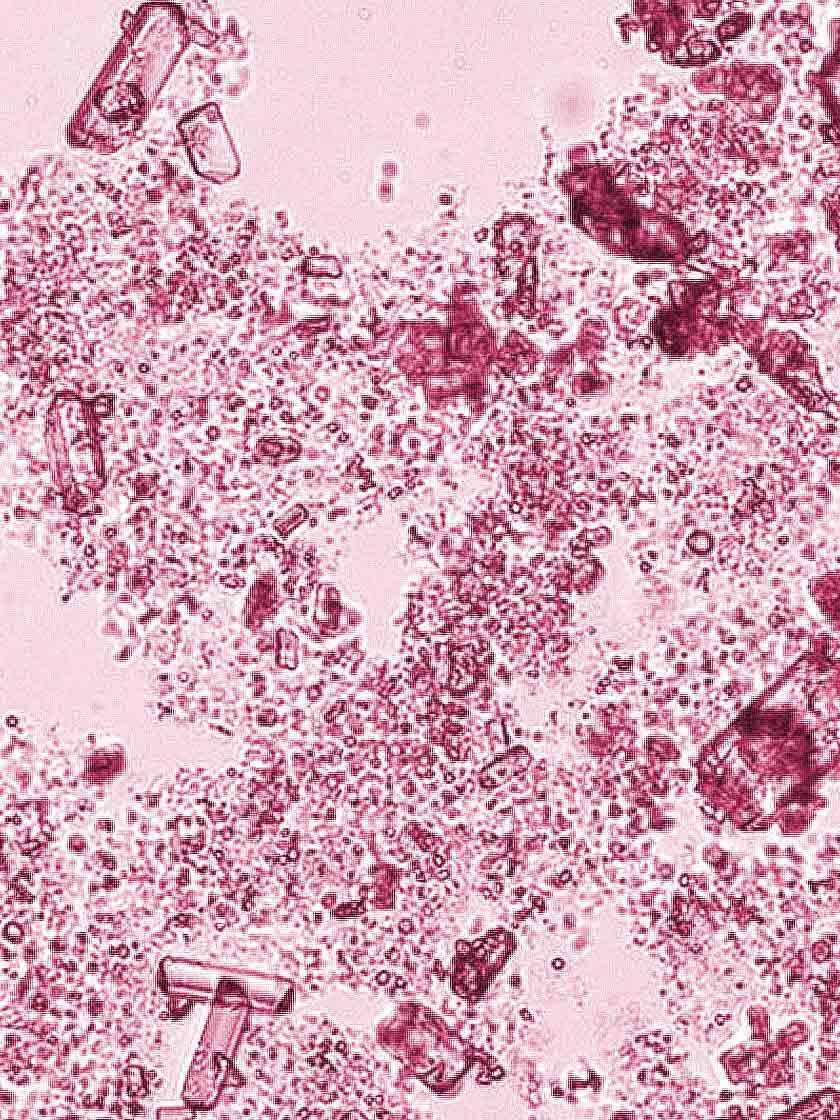
Ketones

Glucose
The kidneys play a crucial role in filtering blood, removing waste, and balancing fluids in the body. Regular monitoring helps in maintaining kidney function and preventing chronic kidney disease.*
Indicators:
Blood in urine
Protein levels
SUPPORTED BENEFITS:*
‡The kidneys filter around 50 gallons (190 liters) of blood every day. Despite their small size—each kidney is roughly the size of a fist—they perform this critical function by filtering out waste products, excess fluids, and electrolytes from the bloodstream to produce urine. This process is essential for maintaining the body's overall fluid balance, regulating blood pressure, and ensuring the proper function of other organs.4o

Blood

Protein
The liver is a vital organ responsible for numerous functions, including detoxification, protein synthesis, and production of biochemicals necessary for digestion. Monitoring liver health is crucial for overall well-being and preventing liver-related diseases.*
Indicators:
Bilirubin
Urobilinogen
Protein levels
SUPPORTED BENEFITS:*
‡The liver is the only organ in the human body that can regenerate itself. Even if up to 70% of the liver's mass is removed or damaged, it has the remarkable ability to regrow to its full size and restore its function. This regenerative capacity is crucial for liver transplant patients, as a portion of a donor's liver can regenerate to meet the body's needs, both in the donor and the recipient.
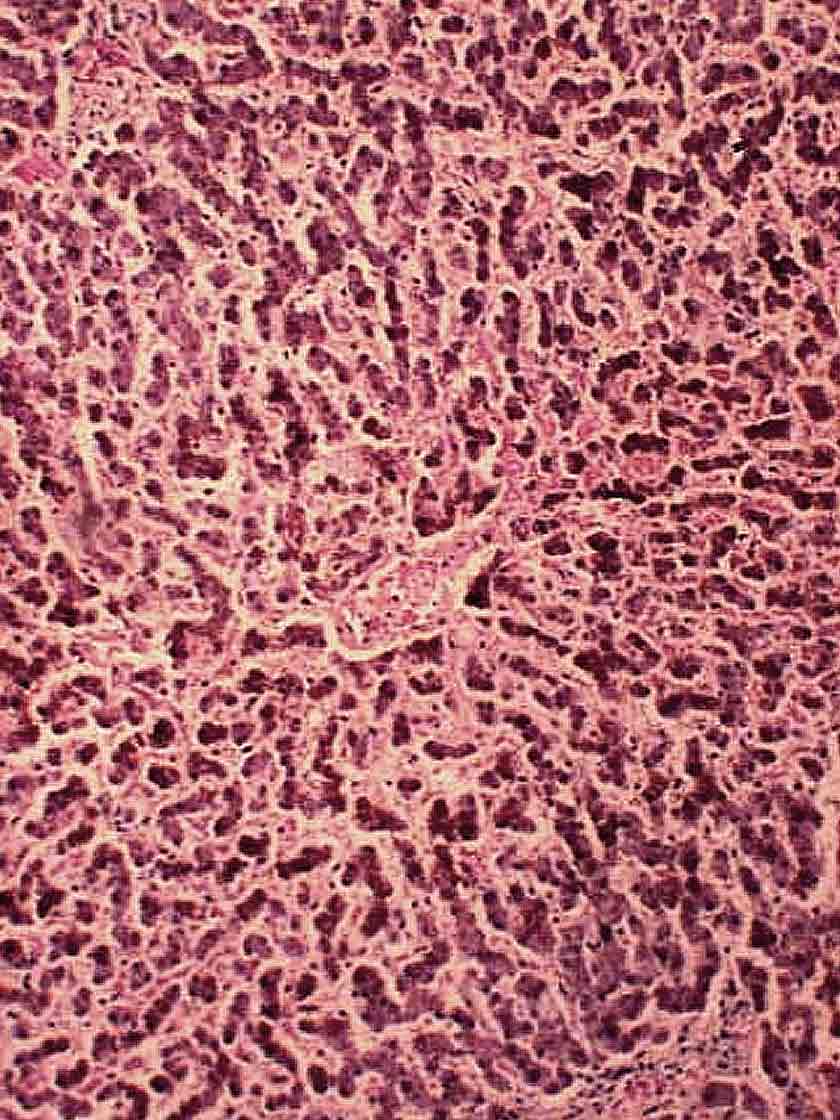
Bilirubin
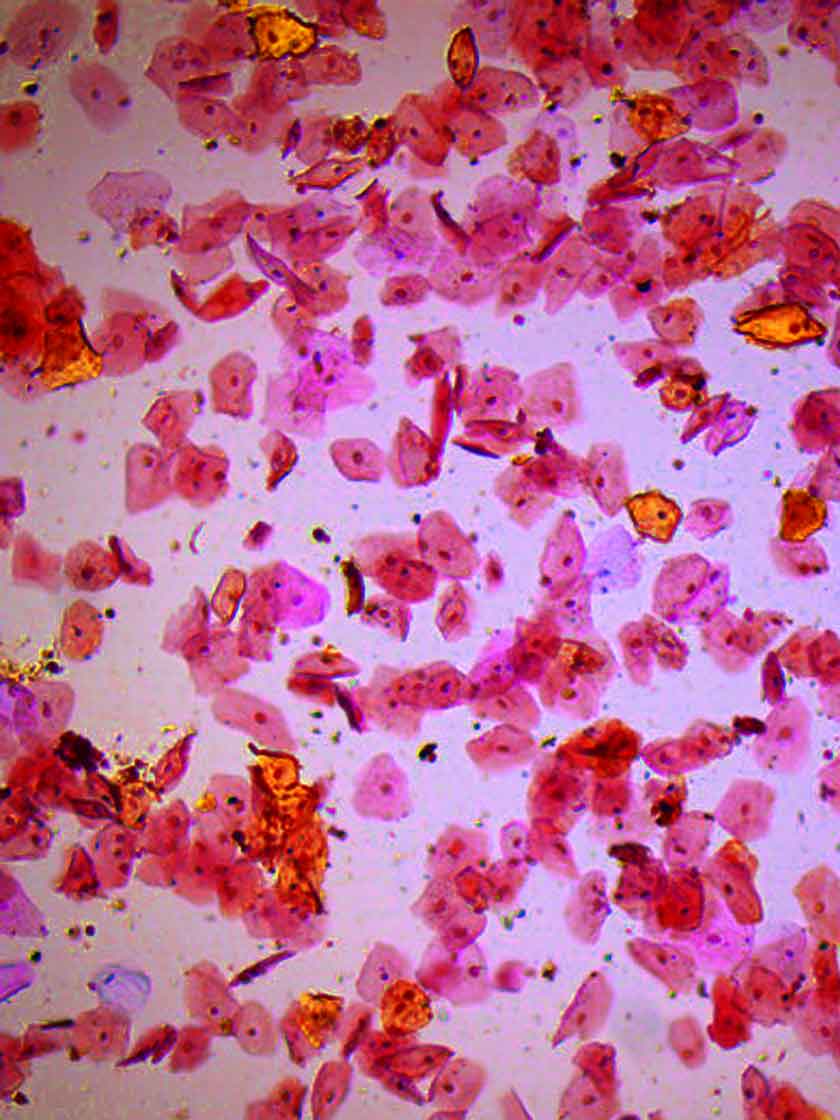
Urobilinogen
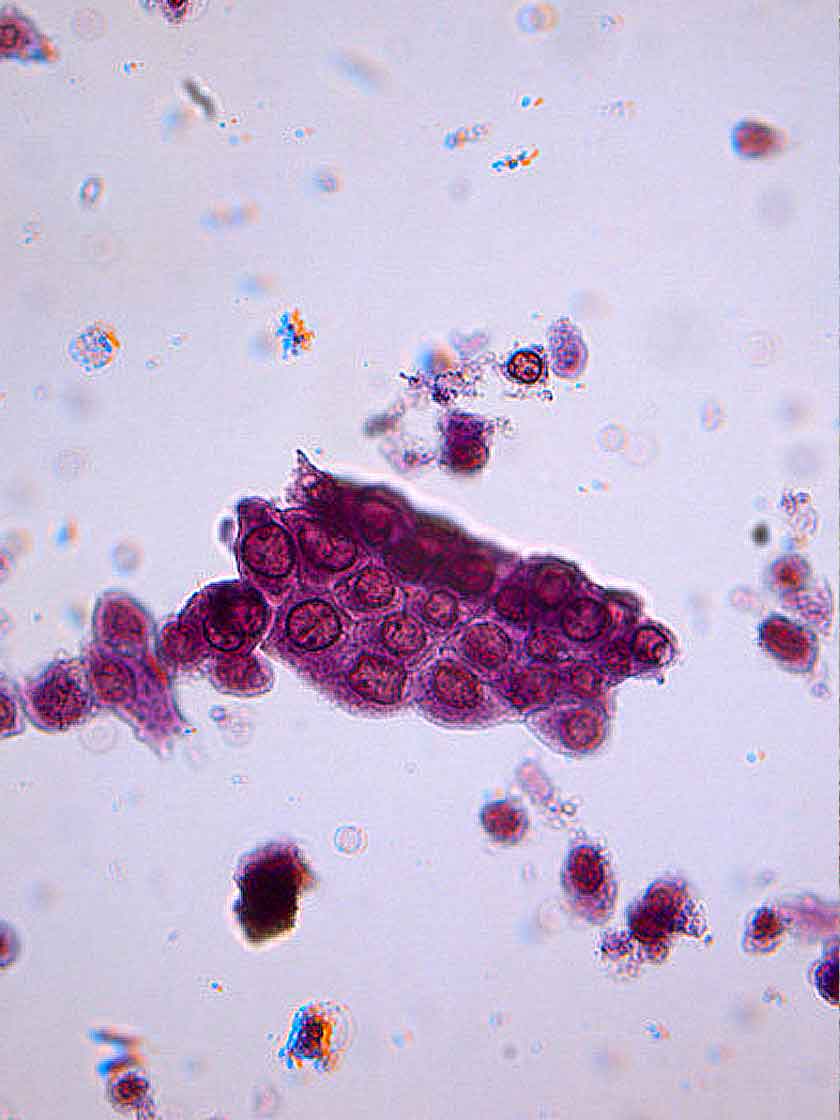
Protein
Managing diabetes involves regular monitoring of blood glucose levels to prevent complications and maintain overall health. Ribbon Checkup helps in tracking key indicators related to diabetes.*
Indicators:
Glucose levels
Ketones
Protein levels
SUPPORTED BENEFITS:*

Glucose
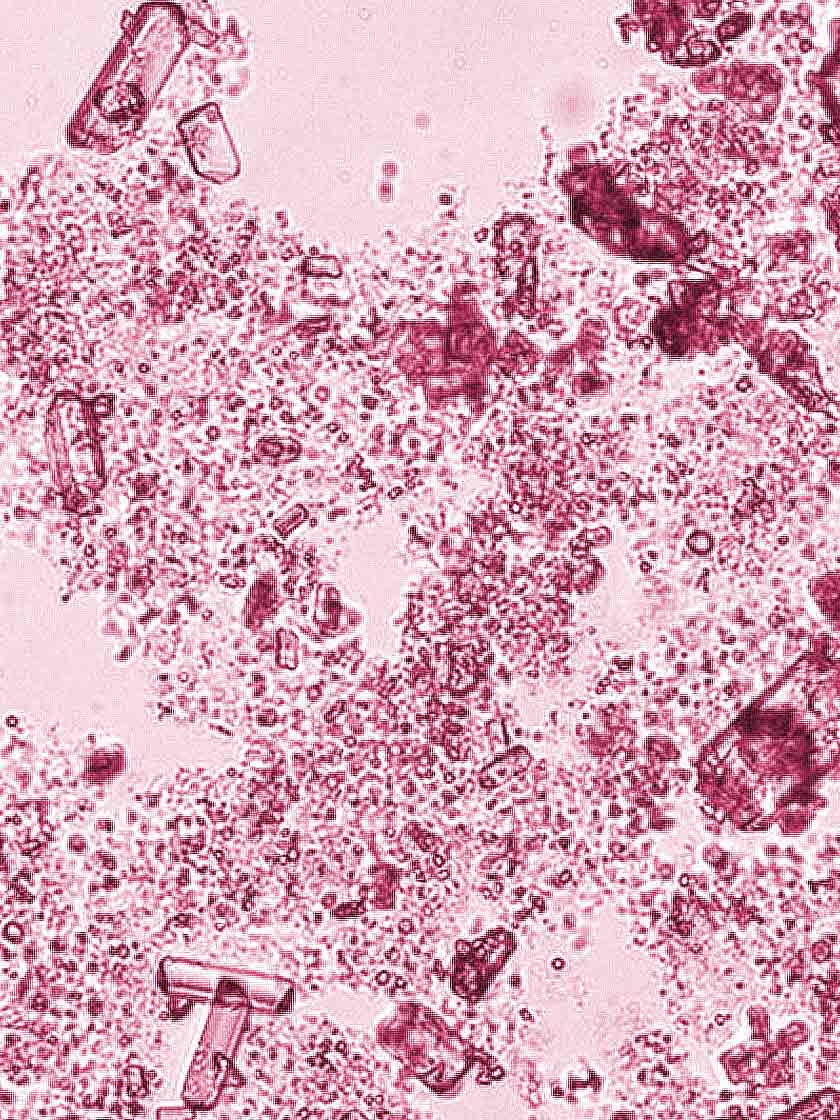
Ketones
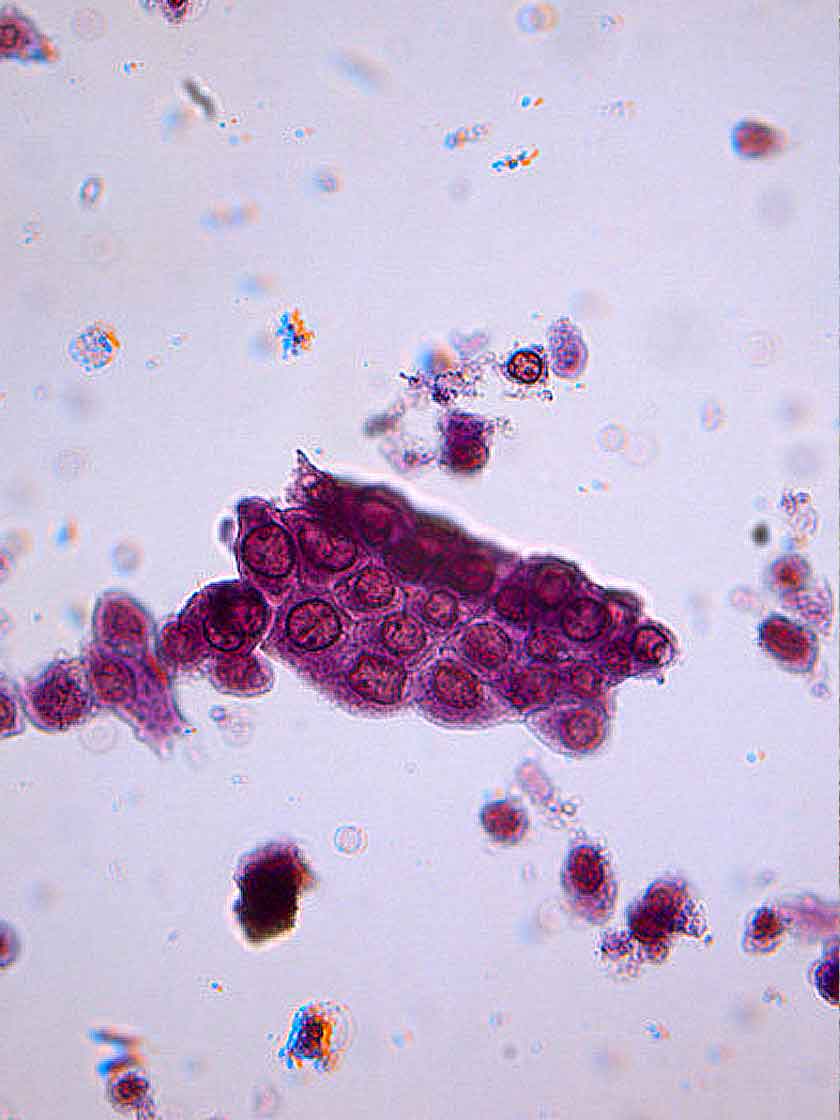
Protein
UTIs are common infections that can cause discomfort and more serious health issues if left untreated. Monitoring key indicators can help in early detection and prevention of UTIs.*
Indicators:
Nitrites
Leukocytes
pH levels
SUPPORTED BENEFITS:*

Nitrites

Leukocytes
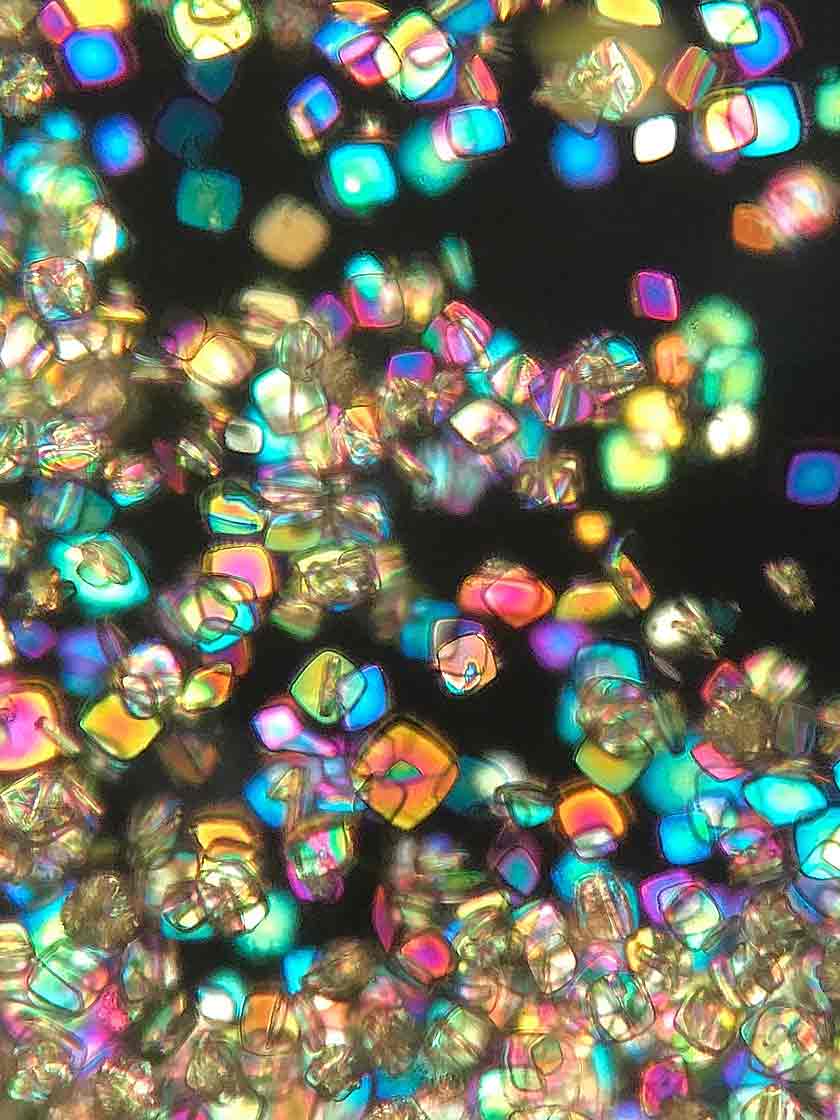
pH levels
Maintaining general health involves monitoring various bodily functions to ensure everything is working optimally. Regular checkups can help detect issues early and maintain overall wellness.*
Indicators:
pH levels
Specific gravity
Protein levels
SUPPORTED BENEFITS:*

pH

Specific gravity
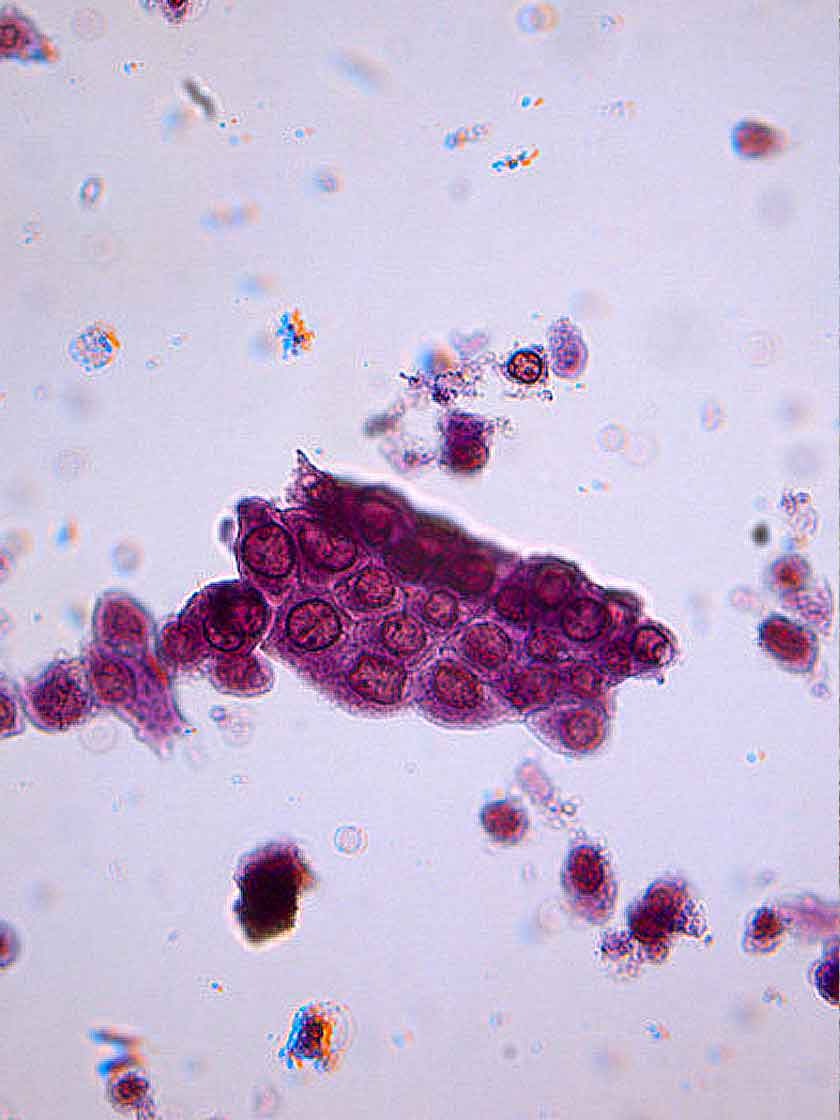
Protein
Preeclampsia is a serious condition during pregnancy characterized by high blood pressure and signs of damage to other organs. Regular monitoring is crucial for the health of both mother and baby.
Indicators:
Protein levels
SUPPORTED BENEFITS:*
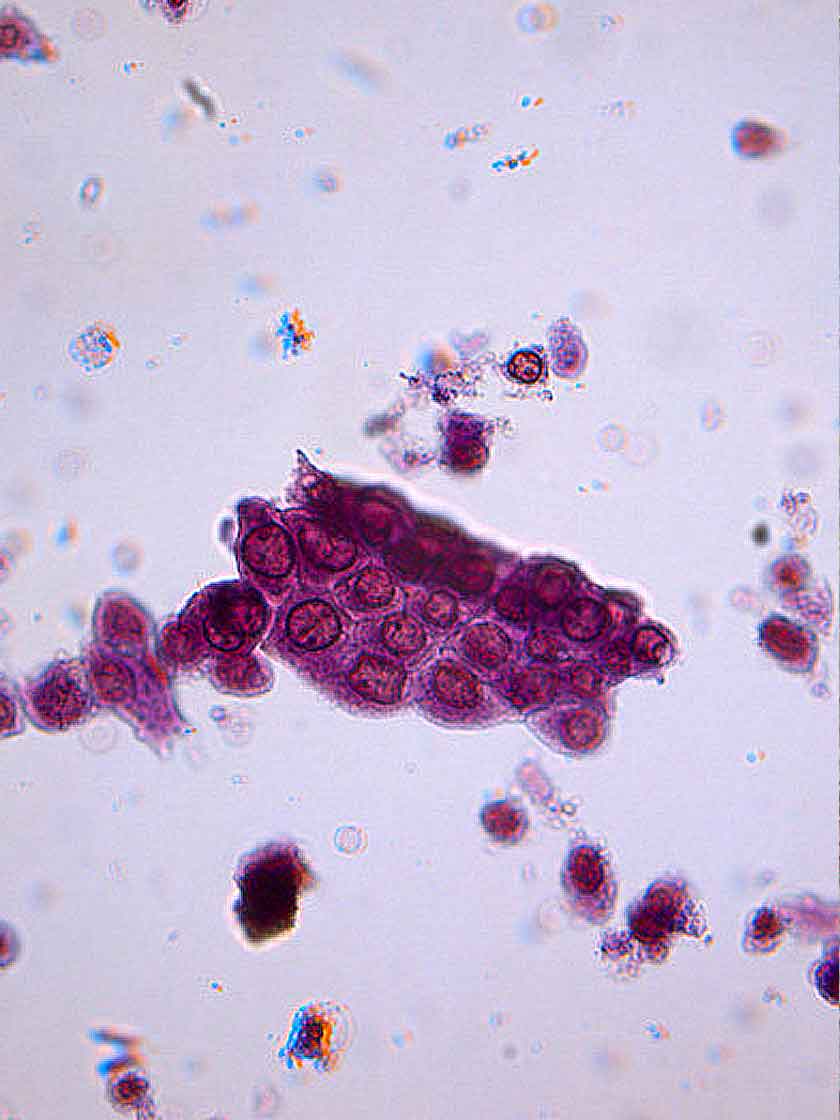
Protein
Kidney Function
Liver Health
Diabetes Management
Urinary Tract Infections (UTIs)
General Health
Preeclampsia Monitoring
Severe Dehydration
Ketoacidosis
Renal Glucosuria
Dietary Imbalances
Biliary Obstruction
Hemolytic Anemia
Ribbon Checkup is a science-driven system meticulously crafted with the highest quality standards in mind. Each test parameter is selected to not only provide valuable individual insights but also to work together seamlessly for a comprehensive health analysis. From glucose and protein levels to pH balance and kidney function indicators, Ribbon Checkup makes it powerfully simple for you to monitor your health comprehensively. This ensures optimal liver and kidney health, diabetes management, and early detection of conditions like UTIs and preeclampsia. Click the link below for our full list of test parameters and what they can reveal about your health.*

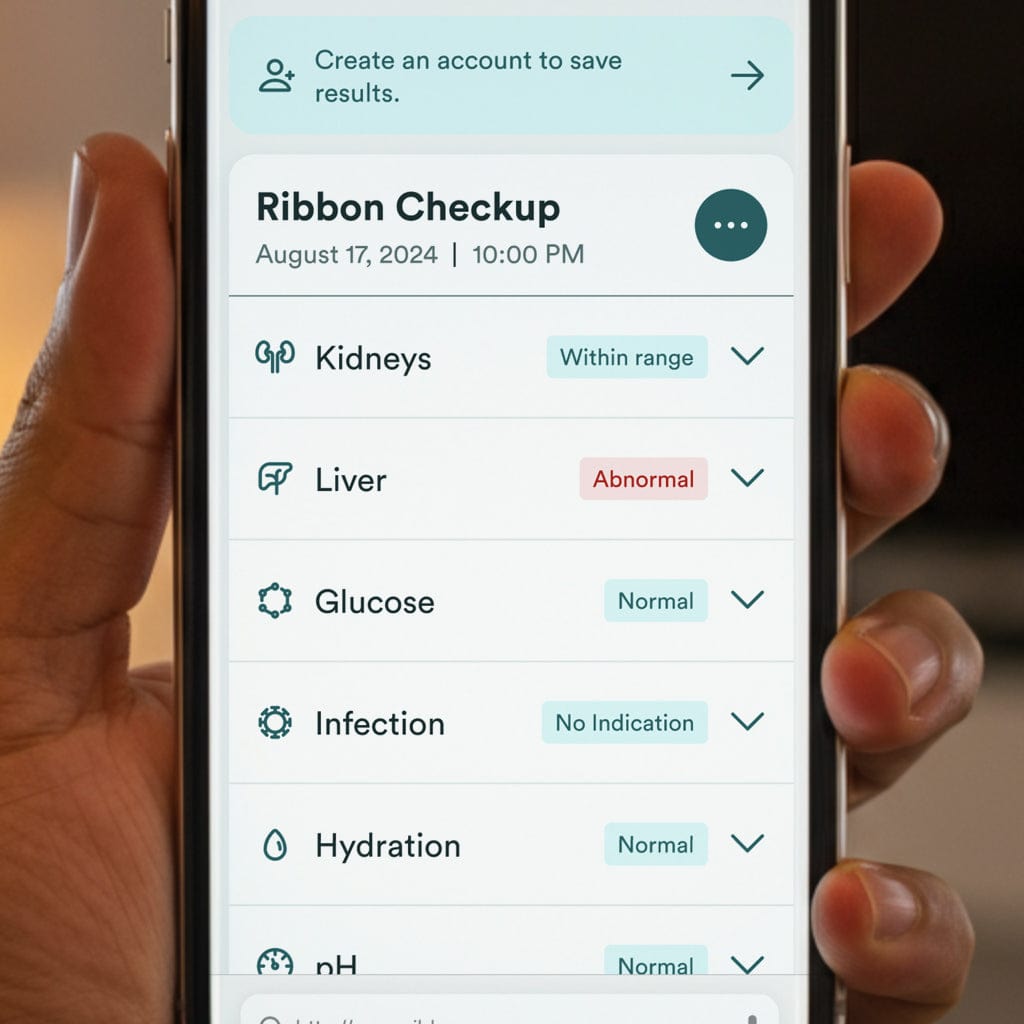
Designed with

90-day money back guarantee
Update or cancel anytime
Now, you may be able to use your pre-tax dollars toward AG1 through our partnership with Truemed.
Once you’ve purchased your AG1, you’ll fill out a short Truemed intake form to qualify.
If approved, Truemed will send you a Letter of Medical Necessity (LMN) within 24 hours.
Once you have your LMN, submit your AG1 receipt to your HSA/FSA provider for reimbursement.
The Ribbon Checkup system uses a urine test strip combined with a smartphone camera to analyze your health indicators. Simply urinate on the strip, wait for the appropriate amount of time, and then use your smartphone to scan the strip through the Ribbon Checkup app. The app will provide a detailed analysis of various health metrics such as glucose, protein, pH levels, and more, giving you comprehensive insights into your health.
The Ribbon Checkup system can help monitor a variety of health conditions, including kidney function, liver health, diabetes management, urinary tract infections (UTIs), and general wellness. It is particularly useful for early detection of issues related to these conditions, allowing for timely intervention and management. For pregnant women, it can also help in monitoring for preeclampsia.
The Ribbon Checkup system is designed to provide accurate and reliable results when used correctly. The test strips are manufactured under strict quality controls, and the app's advanced image recognition technology ensures precise readings. However, for any concerning results or symptoms, it is always recommended to consult with a healthcare professional for further evaluation and confirmation.
The frequency of using the Ribbon Checkup test depends on your individual health needs and conditions. For general health monitoring, twice a month might be sufficient. However, if you have specific health concerns such as diabetes, kidney issues, or are at risk for preeclampsia during pregnancy, more frequent testing, such as weekly or bi-weekly, may be beneficial. Always follow your healthcare provider's recommendations for testing frequency.